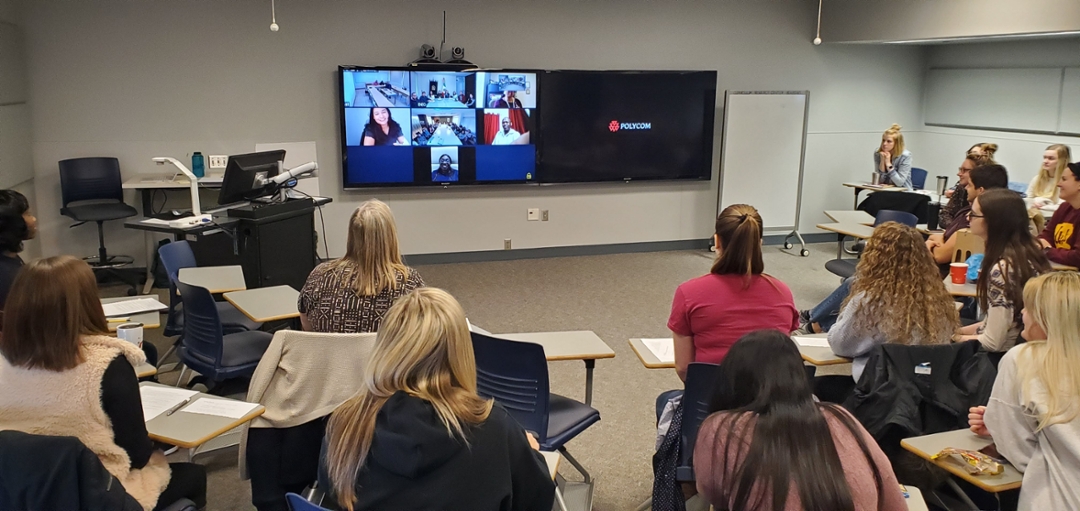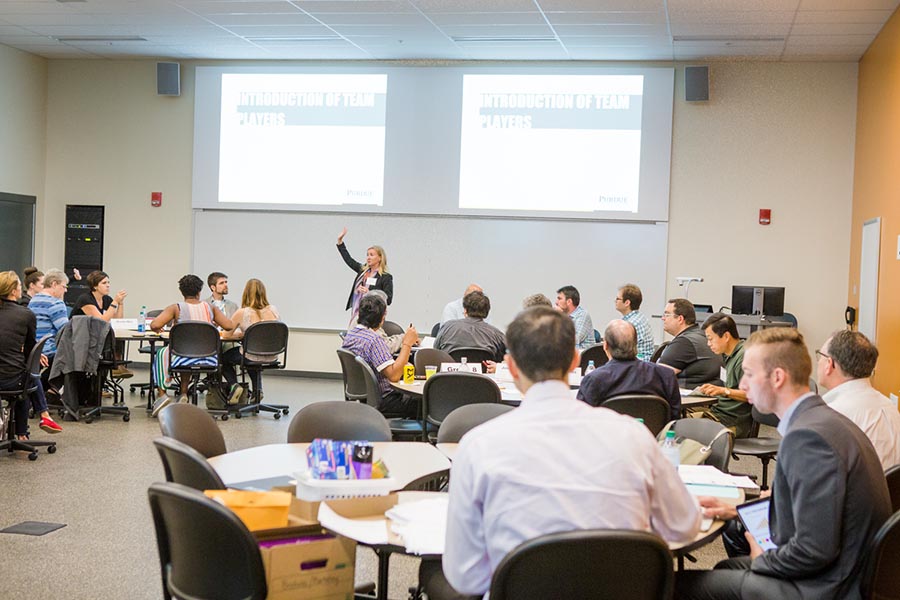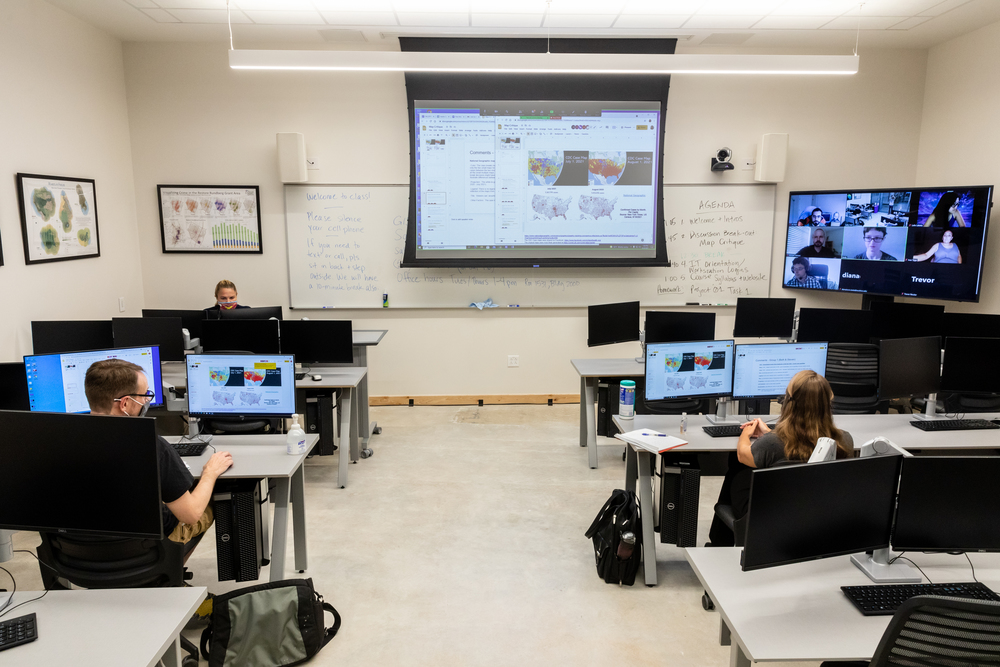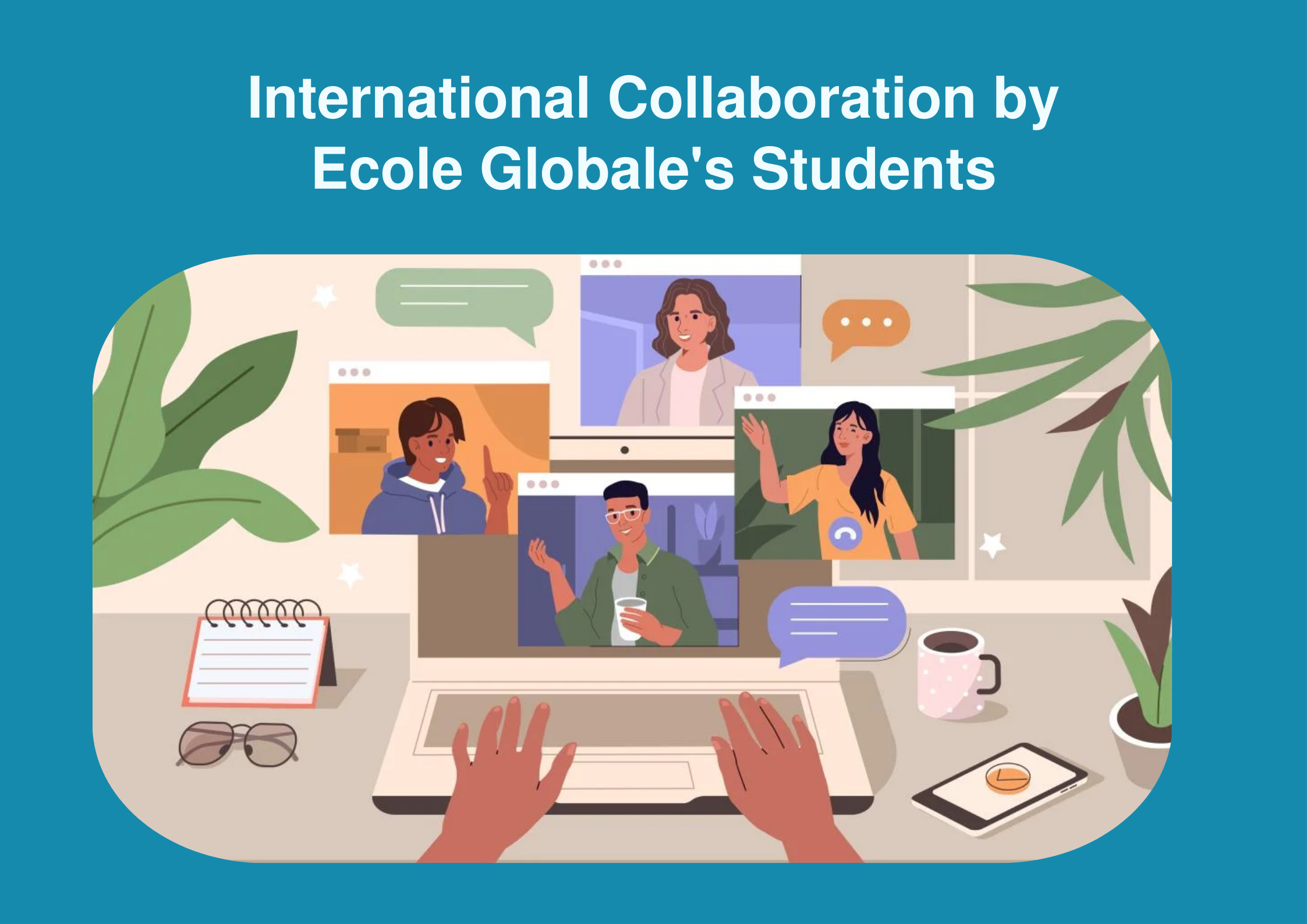In an increasingly interconnected world, fostering international collaboration among students has become imperative for preparing the next generation of global citizens. Institutions like Ecole Globale recognize the significance of providing students with opportunities to connect with peers from diverse backgrounds and cultures.
This article delves into the multifaceted approach taken by Ecole Globale in facilitating international collaboration among its students, exploring the diverse initiatives and programs that enable cross-continental connections and meaningful exchanges in boarding schools in Dehradun.
The Diversity of Ecole Globale Students
Ecole Globale boasts a vibrant and diverse student body comprising individuals from various countries and cultural backgrounds. This diversity is not merely superficial but serves as a cornerstone of the institution’s ethos, enriching the learning environment and fostering cross-cultural understanding in schools in Dehradun.
Students hailing from different parts of the world bring with them a wealth of perspectives, experiences, and traditions, creating a melting pot of ideas and insights within the campus community. From Asia to Africa, Europe to the Americas, Ecole Globale reflects the globalized landscape of the modern world, offering students the opportunity to interact with peers from across continents.
Virtual Exchange Programs and International Collaboration

One of the primary mechanisms through which Ecole Globale facilitates international collaboration is its virtual exchange programs. Leveraging digital platforms and technology, these programs enable students to engage in real-time communication and collaboration with their counterparts from partner institutions around the globe. Through virtual classrooms, video conferences, and online forums, students have the opportunity to transcend geographical boundaries and connect with peers from diverse cultural backgrounds. These interactions not only broaden their perspectives but also cultivate invaluable skills such as intercultural communication, empathy, and collaboration.
Ecole Globale’s virtual exchange programs are designed to be immersive and interactive, allowing students to work together on academic projects, participate in cultural exchanges, and engage in meaningful dialogue on global issues. Whether discussing environmental sustainability with students from South America, exploring historical perspectives with peers from Europe, or collaborating on scientific research with counterparts from Asia, Ecole Globale students are exposed to a rich tapestry of ideas and perspectives that transcend national borders.
Collaborative Projects and Initiatives

Beyond virtual exchanges, Ecole Globale encourages students to participate in collaborative projects and initiatives that promote cross-continental cooperation and understanding. These projects span a wide range of disciplines, from science and technology to the arts and humanities, and often address pressing global challenges such as climate change, poverty alleviation, and human rights.
One notable example is the Ecole Globale Model United Nations (EGMUN), an annual conference where students simulate the proceedings of the United Nations General Assembly and other international bodies. During EGMUN, students assume the roles of diplomats representing different countries and work together to draft resolutions, negotiate agreements, and address global issues. Through this experiential learning opportunity, students not only gain insight into international relations and diplomacy but also develop essential skills such as negotiation, public speaking, and critical thinking.
Cross-Cultural Learning Experiences

At Ecole Globale, cross-cultural learning experiences are woven into the fabric of the curriculum, providing students with opportunities to engage with diverse cultures and perspectives both inside and outside the classroom. From cultural festivals and language exchanges to study abroad programs and international internships, students are encouraged to step out of their comfort zones and immerse themselves in new environments.
These cross-cultural experiences not only foster an appreciation for cultural diversity but also cultivate empathy, tolerance, and global citizenship. By living and learning alongside peers from different backgrounds, students develop a deeper understanding of the interconnectedness of the world and their role as global citizens. Whether volunteering in rural communities in Africa, studying traditional art forms in Asia, or participating in service-learning projects in Latin America, Ecole Globale students gain firsthand experience of the richness and complexity of the global community.
Challenges and Solutions

While international collaboration offers numerous benefits, it also presents challenges that must be addressed to ensure its success. One such challenge is overcoming language barriers, as students from different linguistic backgrounds may face difficulties in effectively communicating with one another. To address this challenge, Ecole Globale offers language courses and linguistic support services to help students improve their language proficiency and facilitate cross-cultural communication.
Another challenge is navigating cultural differences and misunderstandings that may arise in multicultural settings. To mitigate this challenge, Ecole Globale provides cultural competency training and intercultural communication workshops to help students develop the skills and awareness needed to navigate diverse cultural contexts effectively. By fostering a culture of respect, empathy, and open-mindedness, Ecole Globale creates an inclusive environment where students from all backgrounds feel valued and respected.
Impact and Future Outlook

The impact of international collaboration on Ecole Globale students is profound and far-reaching, shaping their academic, personal, and professional trajectories in meaningful ways. Through their experiences engaging with peers from around the world, students develop a global mindset and a deep appreciation for cultural diversity. They become more adaptable, open-minded, and resilient individuals, equipped with the skills and knowledge needed to thrive in an increasingly interconnected world.
Looking ahead, the future of international collaboration in education is promising, with institutions like Ecole Globale leading the way in fostering global connections and understanding among students. As the world becomes more interconnected and interdependent, the need for cross-cultural collaboration and cooperation will only continue to grow. By prioritizing international collaboration as part of their curricula, educational institutions can prepare students to navigate the complexities of the globalized world with confidence and competence.
Conclusion
Ecole Globale stands as a shining example of how international collaboration can enrich the educational experience and prepare students to become engaged global citizens. Through virtual exchange programs, collaborative projects, cross-cultural learning experiences, and proactive efforts to address challenges, Ecole Globale empowers students to connect across continents and make a positive impact on the world. As we embrace the opportunities and challenges of an increasingly interconnected world, institutions like Ecole Globale play a vital role in shaping the next generation of global leaders and change-makers.









